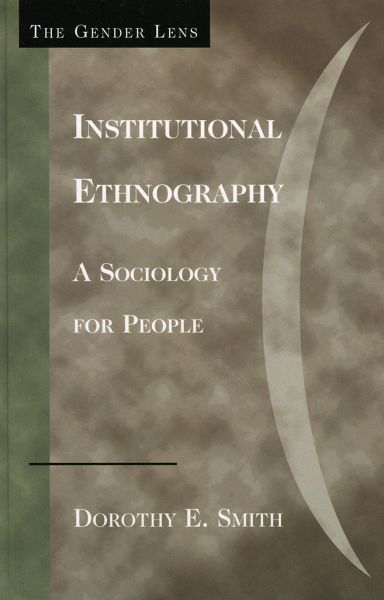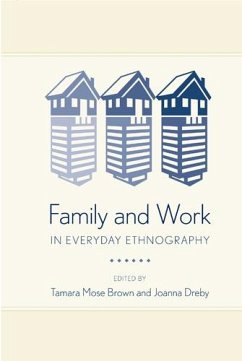Nicht lieferbar

Institutional Ethnography
A Sociology for People
Prominent sociologist Dorothy Smith outlines a method of inquiry that uses everyday experience as a lens to examine social relations and social organization. This sociology from women's standpoints reveals the present but largely unseen social relations of everyday life. This will be a foundational text for classes in sociology, ethnography, and women's studies.










